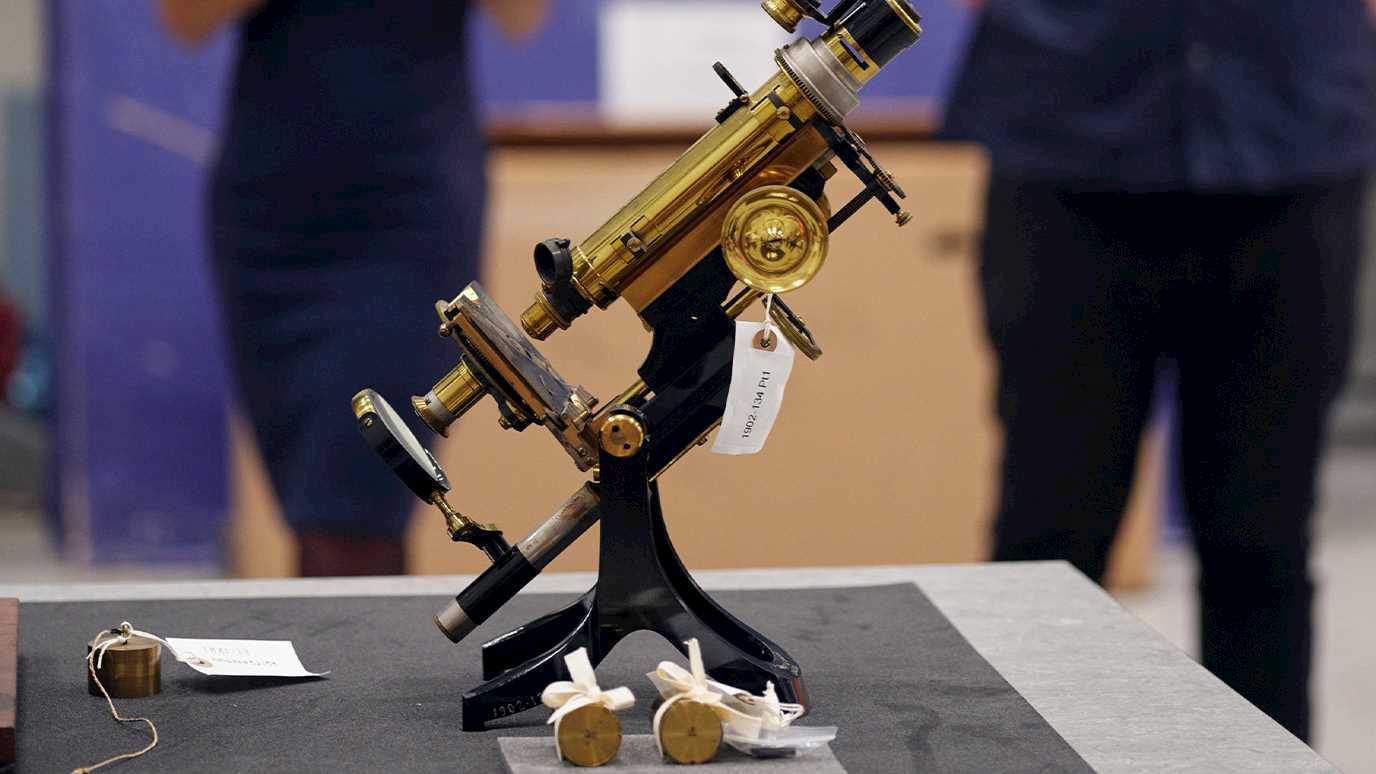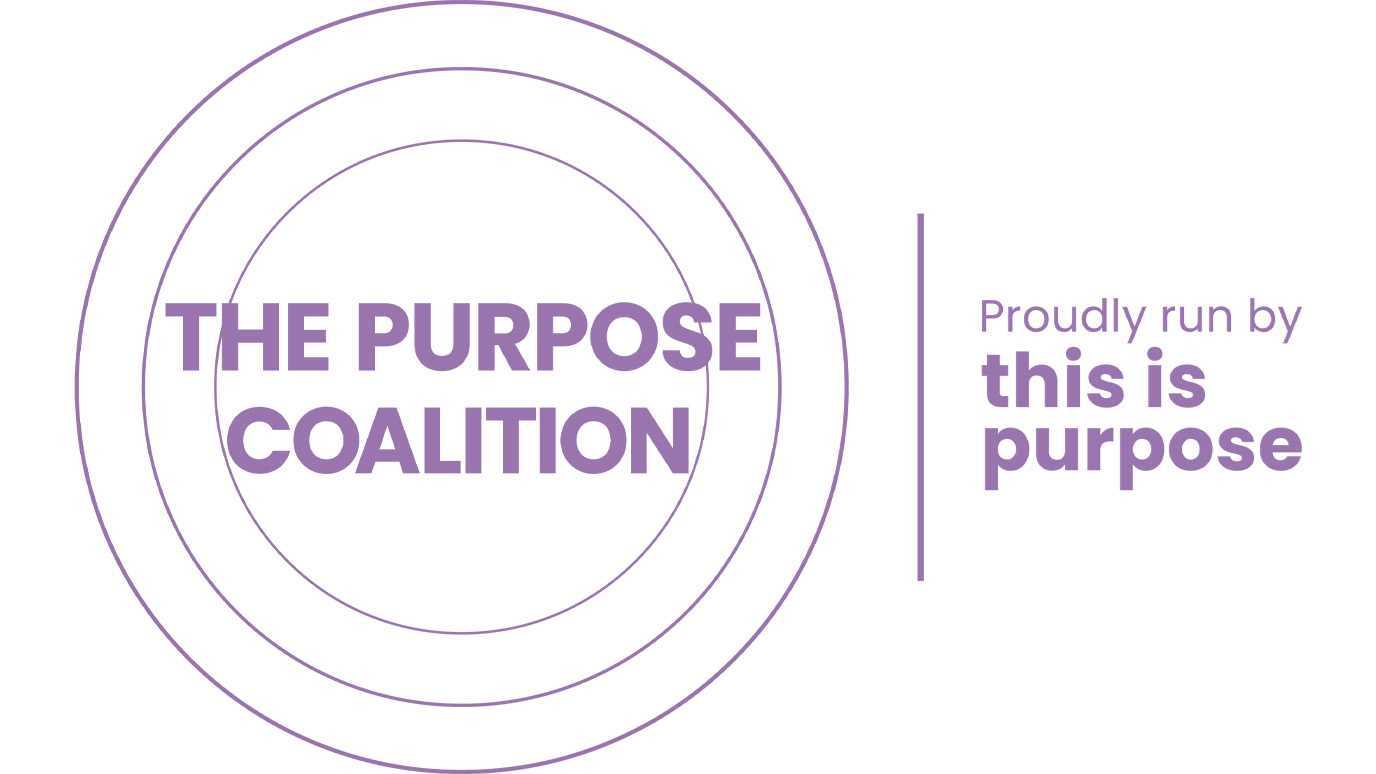Research published in the British Journal of Psychology has found that parents who want their children to have prosocial values are the most successful in instilling all their values in their children compared to those who promote selfishness.
The collaborative study from Royal Holloway, University of London and the universities of Westminster, Vienna, and Bern assessed 418 German and Swiss families to see which parents most strongly transmitted their values to their children. They found that children whose parents wanted them to value helping, supporting and caring for others, were more similar to their parents in their overall value profile than those whose parents promoted striving for power and achievement.

Teaching values - Does the apple fall far from the tree?
Like father, like son?
Professor Anat Bardi from Royal Holloway’s Department of Psychology and co-author of the study explained, “Ours is a test of how far the apple falls from the tree, or in other words, how similar are children to their parents in the values they hold?”
“We often take for granted ‘like father, like son’ and this is especially interesting when it comes to the inheritance of destructive values such as power-seeking and selfishness. We’ve now demonstrated that parents who foster more altruistic values, such as helping and caring more strongly pass on all their values down the family line,” she added.
A first look at parent-child value similarity in middle childhood
“This is the first time a study that examined similarity between the values of children and their parents has actually assessed children’s values when they are at the formative time of childhood, whereas previous research only asked teens and young adults to reflect back on their experiences. Therefore we are able to understand this key building block in the development of individual values, which are then taken forward through schooling and other important stages of value development,” added author, Dr Anna Doering from the University of Westminster.
Kindness breeds kindness
In explaining the results, the researchers suggest that parents who focus on prosocial values may be more sensitive to their children’s needs, thereby establishing a stronger bond with their children. The result of this stronger bond is that the children tend more to adopt the parents’ values (including values that are not related to kindness, like values of curiosity or tradition).
By being more empathetic and supportive, these parents also demonstrate the importance of these values directly in their relationships with their children. As such, offspring are more likely to wish to replicate these positive experiences through their own values.
In conclusion, Professor Bardi commented, “This research really shows that where parents nurture positive, supportive and altruistic values their children will also take these characteristics to heart. Where being ‘the best’ is among the dominant interests of the parents, children tend not to express such connection to their parent’s values. This research brings a positive message to the world: prosocial parents breed a prosocial next generation, but parents who endorse selfishness do not breed a selfish next generation.”
“While there are always other influences on how we develop the values that make us who we are, there is no doubt that our parents have a huge role to play. How we then decide to take their values through our lives is, of course up to us as individuals.”
Learn more about research in the Department of Pyschology, and explore opportunities for study.
























